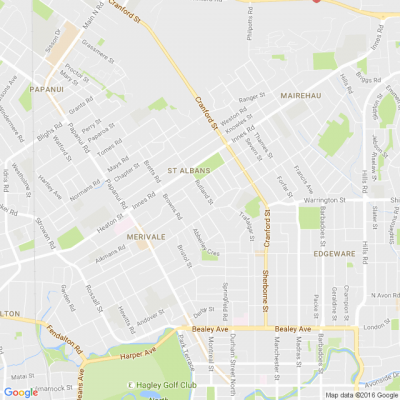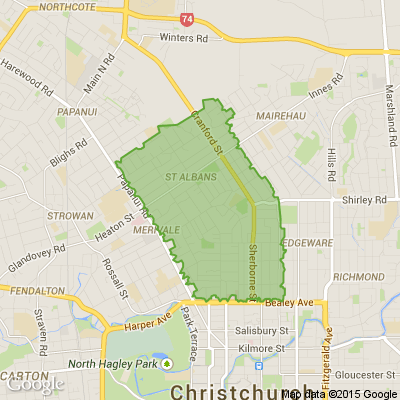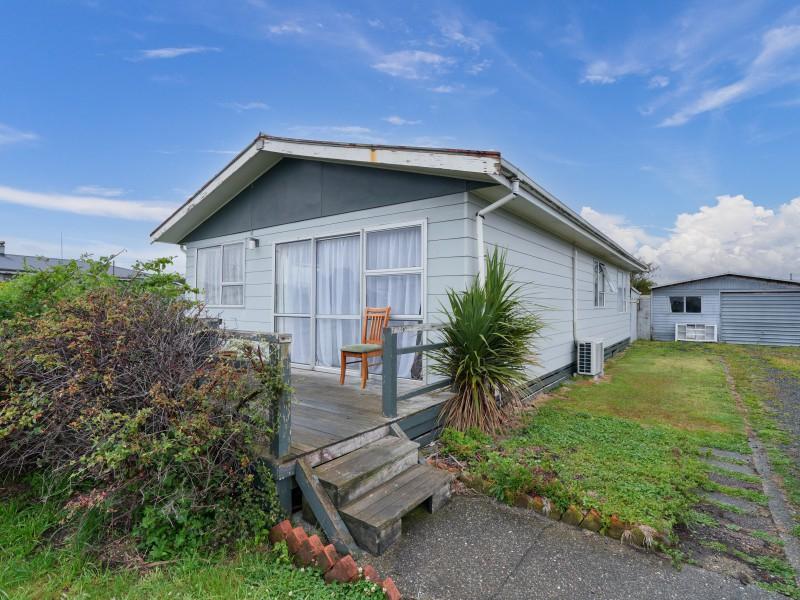What are essential businesses?
What are essential businesses?
This list may evolve over time.
Sectors Entities providing essential services (including their supply chains)
Accommodation
Accommodation services for essential workers and people who need to be isolated/quarantined
Border
Customs New Zealand, Immigration New Zealand and the Ministry for Primary Industries.
Building and construction
Building and construction related to essential services, critical infrastructure, or immediately needed to maintain human health and safety at home/work
Courts, tribunals and the justice system
Courts of New Zealand and tribunals
Critical Crown entities (eg Electoral Commission)
Fast-moving consumer goods
Businesses involved in the supply, delivery, distribution and sale of food, beverage and other key consumer goods (but not takeaway shops)
Financial services
Banks, insurers and other financial institutions
Health
Hospitals, primary care clinics, pharmacies, medical laboratories, care facilities
Ambulance services
Mortuary services
Local and national government
Any entity involved in COVID-19 response or that has civil defence/emergency management functions
Key public services
Primary industries, including food and beverage production and processing
Packaging, production and processing of food and beverage products
Food safety and verification, inspection or associated laboratory services, food safety and biosecurity functions
Veterinary and animal health/welfare services
Public safety and national security
Emergency services
Security and intelligence services
Justice system
Public safety and national security roles
Science
Any entity (including research organisations) involved in COVID-19 response, hazard monitoring, resilience, diagnostics for essential services
Social services
Welfare and social services, including NGOs, which meet immediate needs (further guidance will be provided)
Transport and logistics
Transport services
New Zealand Post and courier services
Any small passenger service vehicle driver – including taxis and ride-share services
Utilities and communications, including supply chains
Electricity, gas, water, waste, fuel, telecommunication services, internet providers and media.
These businesses will continue working, but will put in place alternative ways of working to keep employees safe, including shift-based working, staggered meal breaks, flexible leave arrangements and physical distancing.
Poll: If we want to reduce speeding, what do you think actually changes driver behaviour? 🛻🚨🚓
In the Post's article on speeding penalties, the question is asked whether speeding fines are truly about road safety, or are they just a way to boost revenue for the Crown?
What do you think? Should speeding motorists receive speeding fines or demerit points?

-
38.2% The sting of a fine (Money talks!)
-
61.8% The threat of demerit points (Nobody wants to lose their license!)
Some Choice News!
DOC is rolling out a new tool to help figure out what to tackle first when it comes to protecting our threatened species and the things putting them at risk.
Why does this matter? As Nikki Macdonald from The Post points out, we’re a country with around 4,400 threatened species. With limited time and funding, conservation has always meant making tough calls about what gets attention first.
For the first time, DOC has put real numbers around what it would take to do everything needed to properly safeguard our unique natural environment. The new BioInvest tool shows the scale of the challenge: 310,177 actions across 28,007 sites.
Now that we can see the full picture, it brings the big question into focus: how much do we, as Kiwis, truly value protecting nature — and what are we prepared to invest to make it happen?
We hope this brings a smile!

🎉 Riddle me this, legends! 🎉
He/She who makes it, sells it.
He/She who buys it, doesn't use it.
The user doesn't know they are using it.
What is it?
(Shezz from Ngāruawāhia kindly provided this head-scratcher ... thanks, Shezz!)
Do you think you know the answer? Simply 'Like' this post if you know the answer and the big reveal will be posted in the comments at 2pm on the day!
Want to stop seeing these in your newsfeed?
Head here and hover on the Following button on the top right of the page (and it will show Unfollow) and then click it. If it is giving you the option to Follow, then you've successfully unfollowed the Riddles page.







 Loading…
Loading…








